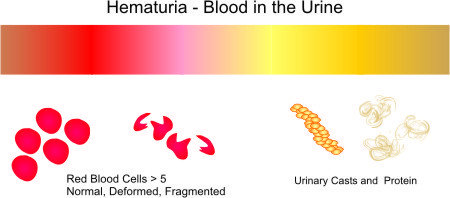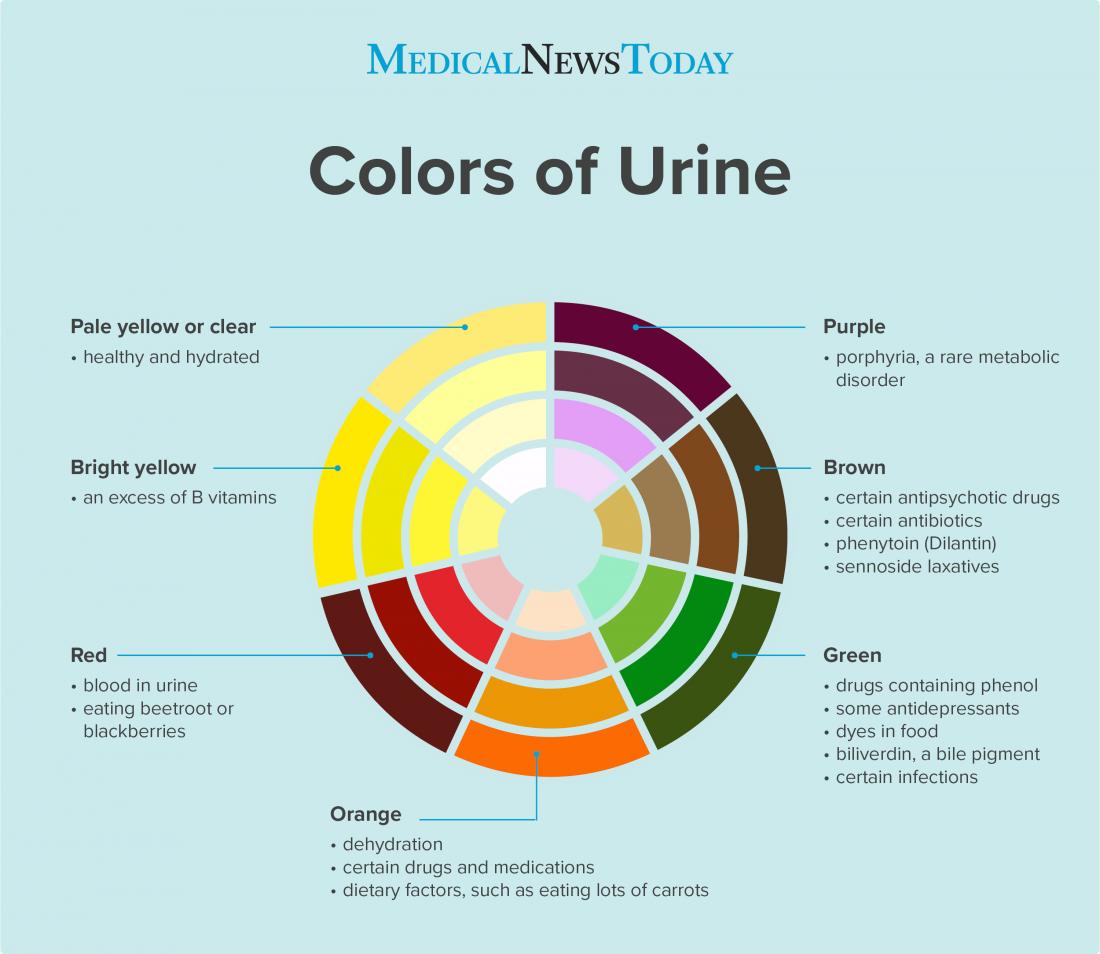
In male cats, examination of an ejaculate sample will help to identify prostatic disease.ĭifferential diagnoses for blood-tinged urine will include other causes for discolored urine.

Your veterinarian will perform a thorough physical exam on your cat, with a complete blood profile, including a chemical blood profile, a complete blood count, and a urinalysis. The history you provide may give your veterinarian clues as to which organs are causing secondary symptoms. You will need to give a thorough history of your cat's health, including a background history of symptoms, and possible incidents that might have precipitated this condition. Iinfectious disease such as from bacteria and fungus.Issues involving the genitalia include metabolic conditions:.Infectious disease (such as bacterial, fungal, and viral disease):.Metabolic causes, such as stones, are possible.Structural or anatomic issues such as bladder malformations are implicated in bringing on hematuria.Lower Urinary Tract ‒ bladder and urethra:.

Metabolic diseases, such as kidney stones.Structural or anatomic disease, such as cystic kidney disease and familial kidney disease.Upper urinary tract – the kidneys and ureters:.Diseases of the upper urinary tract are caused by inflammation of the blood vessels (known as vasculitis).Low number of platelets or thrombocytes in the blood (a condition known as thrombocytopenia).Systemic causes are generally due to coagulopathy (clotting).These discolored spots will be indicated by round, purplish, non-raised patches on the skin.

Tinge of blood in urine skin#
Patients with a blood-clotting disorder may present with subdermal skin hemorrhages, conditions known as petechiae and ecchymoses, which appear as bruises. Abdominal pain will be evident in some patients. In patients with cancer, a mass may be palpated during physical examination. Red-tinged urine, with or without abnormal frequent passage of urine will be evident. Symptoms of hematuria include blood in the urine, a sign in itself. Females are at greater risk for urinary tract infections that lead to blood in the urine than are males. Familial hematuria (a condition in which blood in the urine runs in certain families of animals) is usually implicated in young cats, while cancer is the usual cause in older cats. Blood in the urine, a condition known as hematuria, may indicate a serious underlying disease process.


 0 kommentar(er)
0 kommentar(er)
